The phrase ‘Good Samaritan’ is familiar to all of us. At our Staff Retreat this week, Sr Marie O’Shea, a member of The Sisters of the Good Samaritan of the Order of St Benedict, led us in contemplation of the story that became the foundation and inspiration of the first religious Congregation founded in Australia.
At St Mark’s College, our vision and mission are based on two significant and complementary charisms, that of the Sisters of the Good Samaritan, and the Salesians of St John Bosco. When we talk about charism, what do we mean? It is essentially a story informing a way of being and living. As we learned, the charism of the Good Samaritan Sisters is ‘a story to enter, a language to speak, a group to which to belong, a way to pray, a work to undertake, and a face of God to see’.
Key values of Benedictine spirituality include Love of Christ and Neighbour, Humility, Stewardship, Hospitality, Community, Justice and Peace. We are invited to think about how these values are present in our lives. How do we demonstrate welcome, care and compassion for people in our families, our school, the wider community and those living at the margins of society? The wisdom of the parable of the Good Samaritan is as relevant today as it was two thousand years ago, when Jesus told the story to his disciples and invited them to ‘go and do likewise’ (Luke 10: 25-37).
We make choices all the time in what we say, how we act and how we respond to things happening to us and around us. We can perhaps all see ourselves in the parable of the Good Samaritan and, depending on circumstances at the time, we may be the victim, the robber, the passerby or the Good Samaritan. Sometimes, deliberately or not, we may act like a robber, stripping people of their dignity, leaving them hurt or humiliated. It is hard to see people who cause distress as ‘our neighbour’, just as it is hard to accept the passers by – the people who could have done something about it and chose to cross the street instead.
Being the Good Samaritan is not always easy, but it is the path we are called to take for the good of all. Perhaps it starts with asking RUOK, a simple question that we do not ask often enough.
Dr Sandra Hewson, Principal

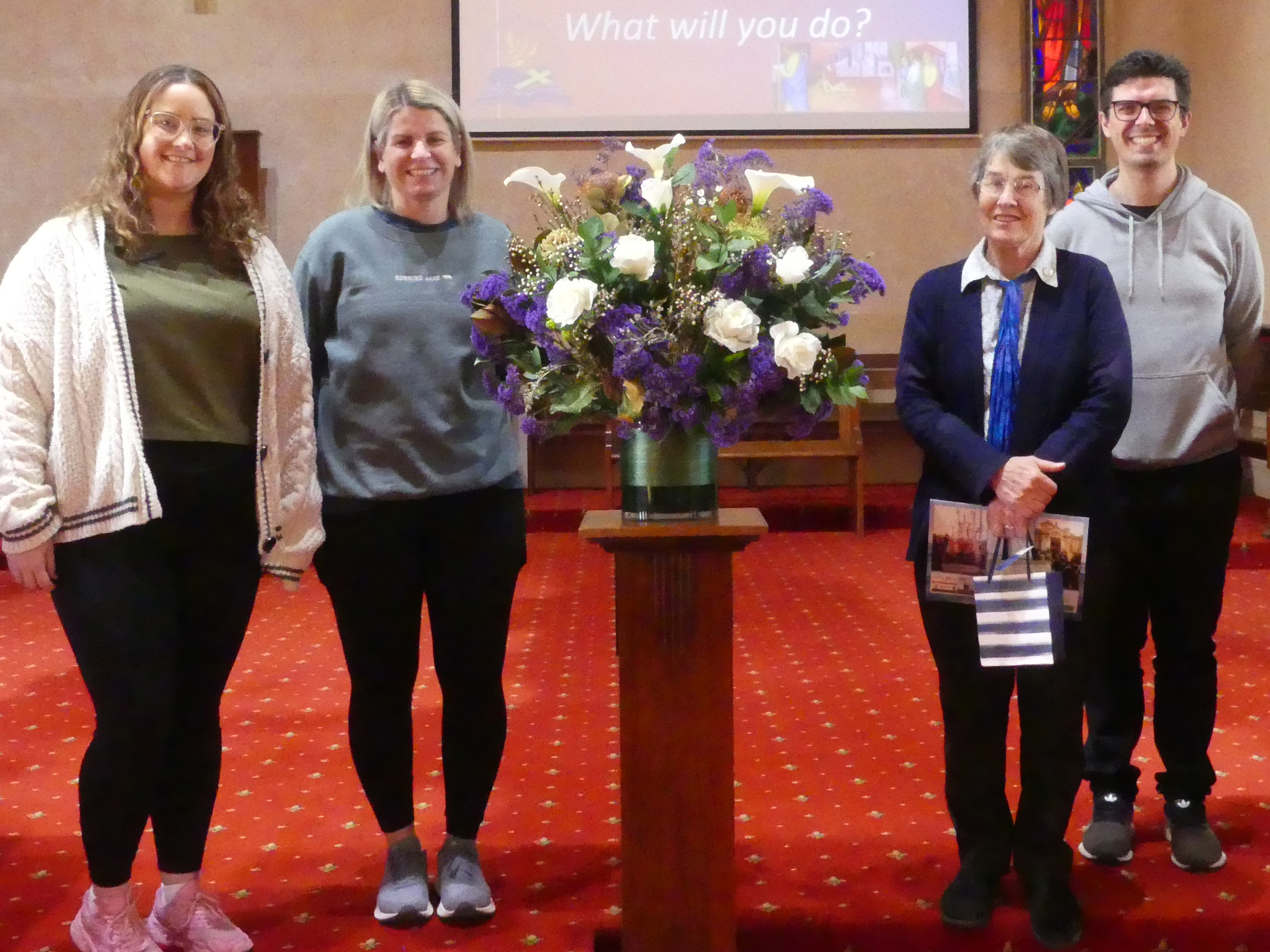
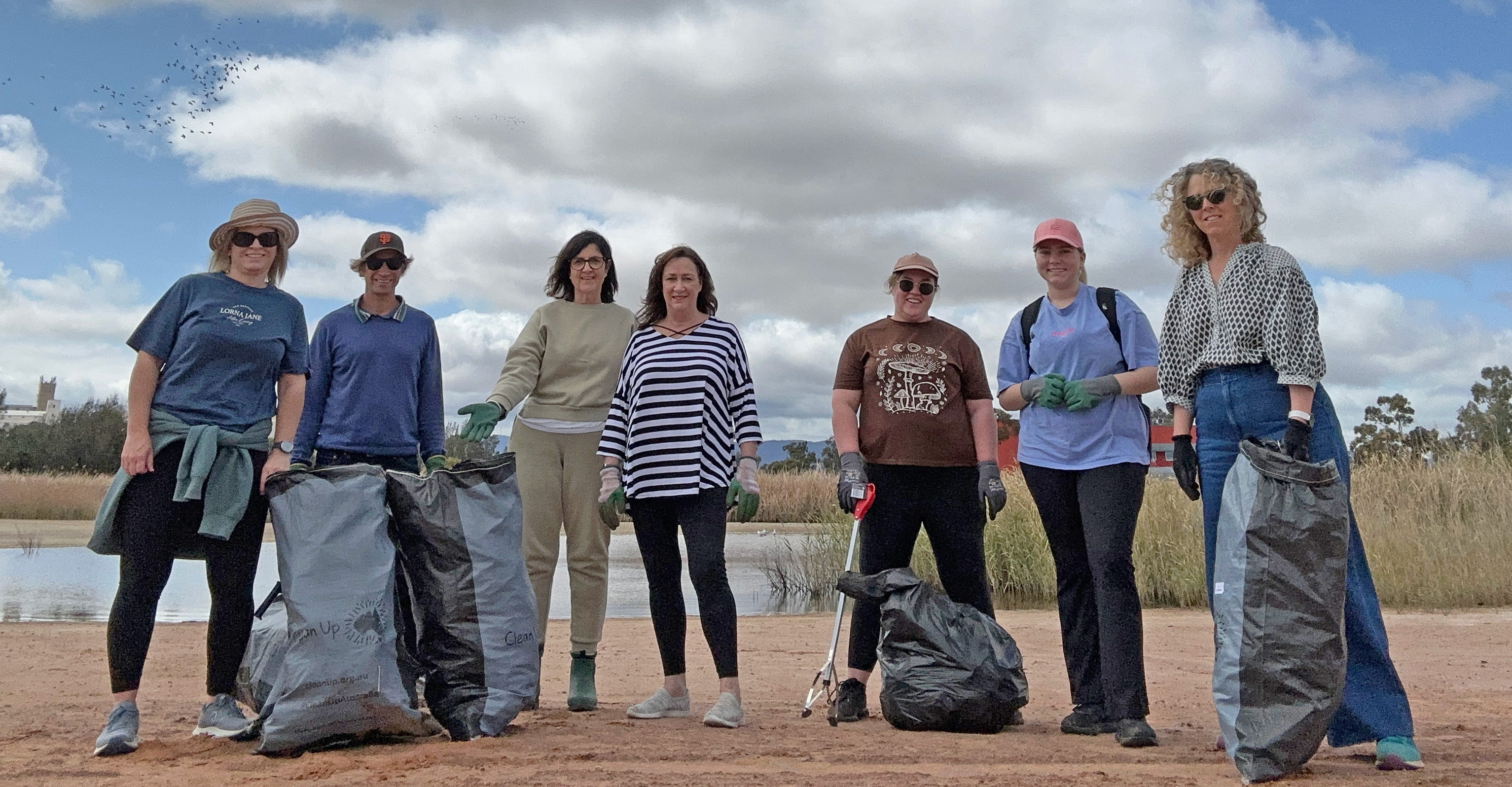

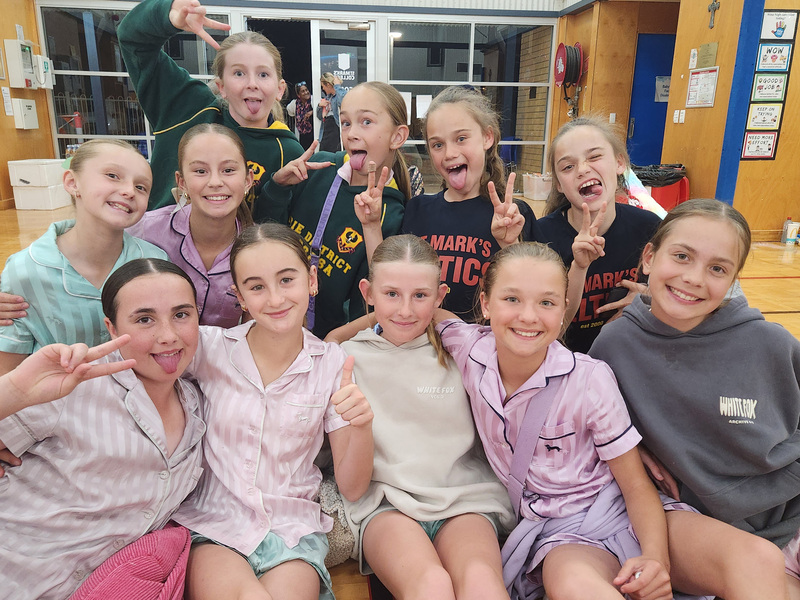
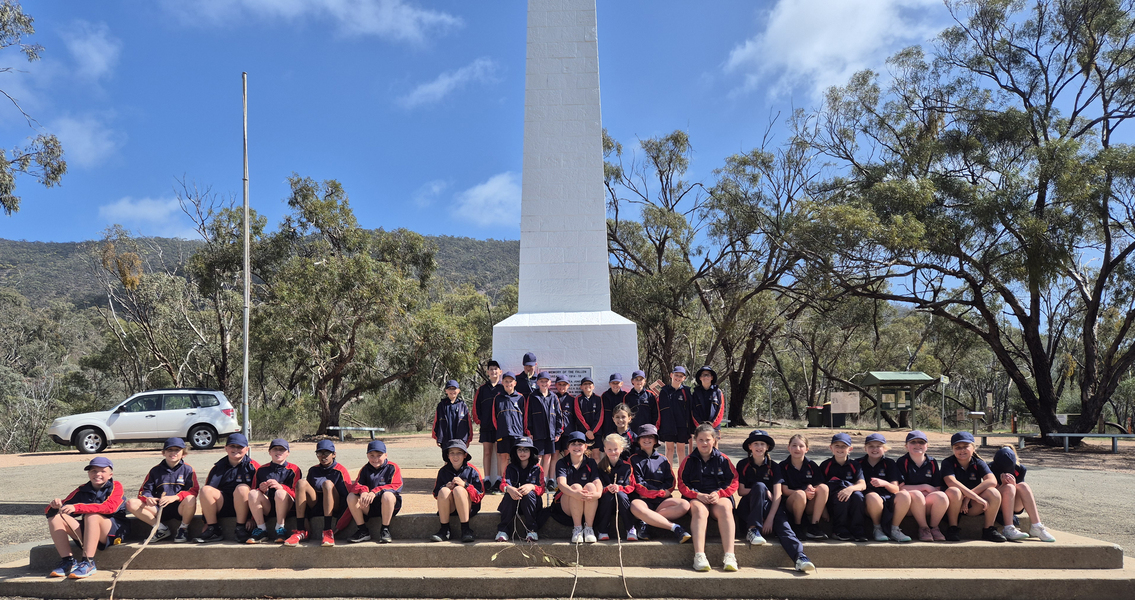

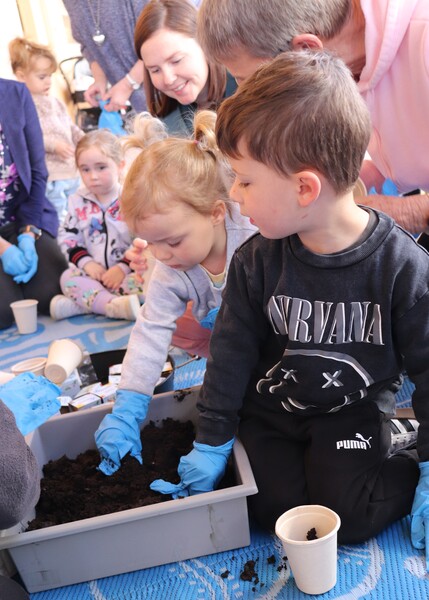
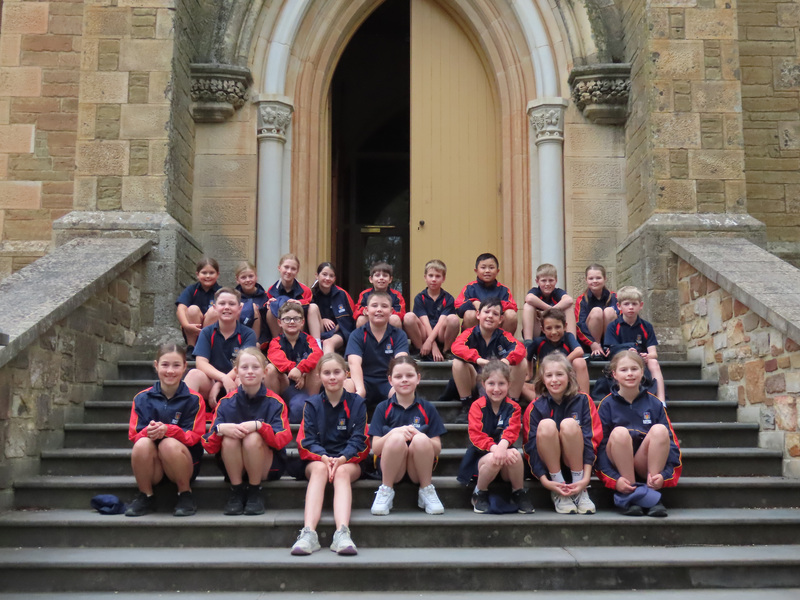
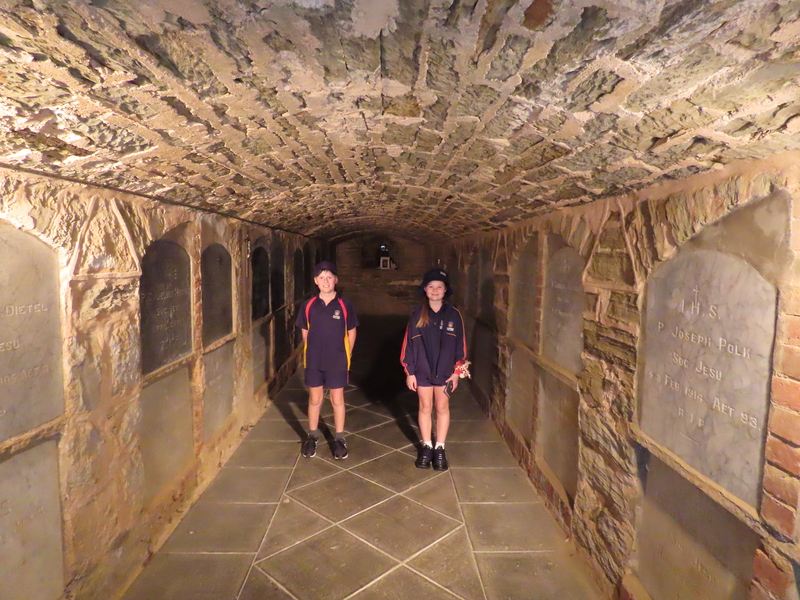
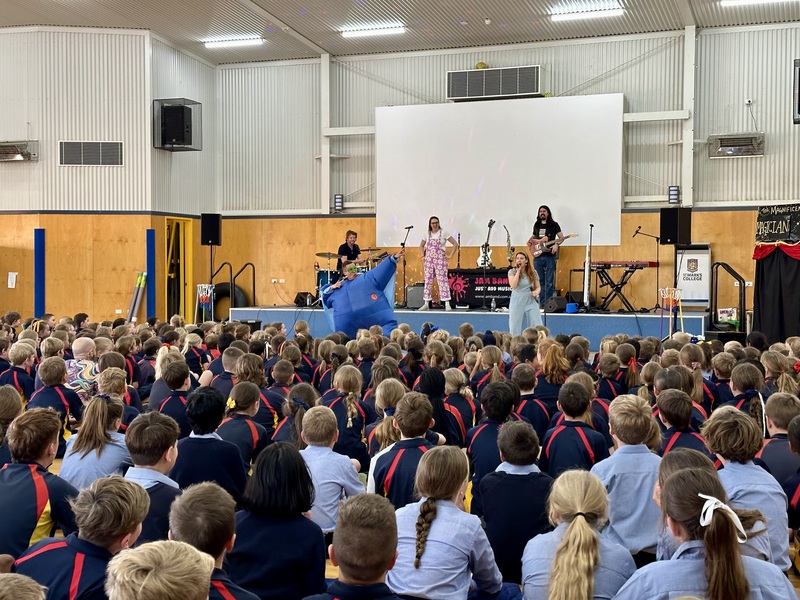
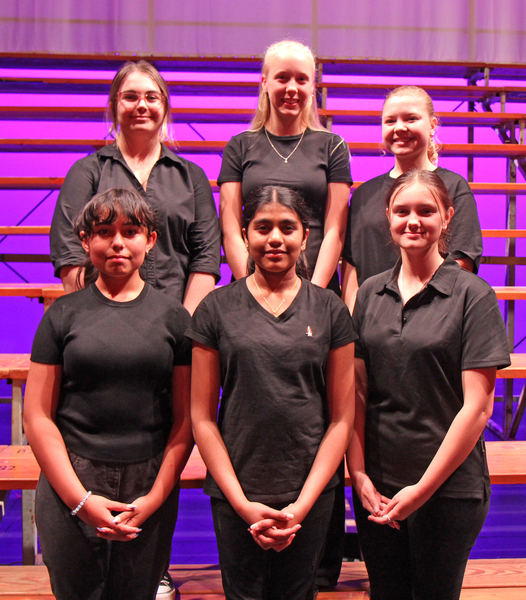
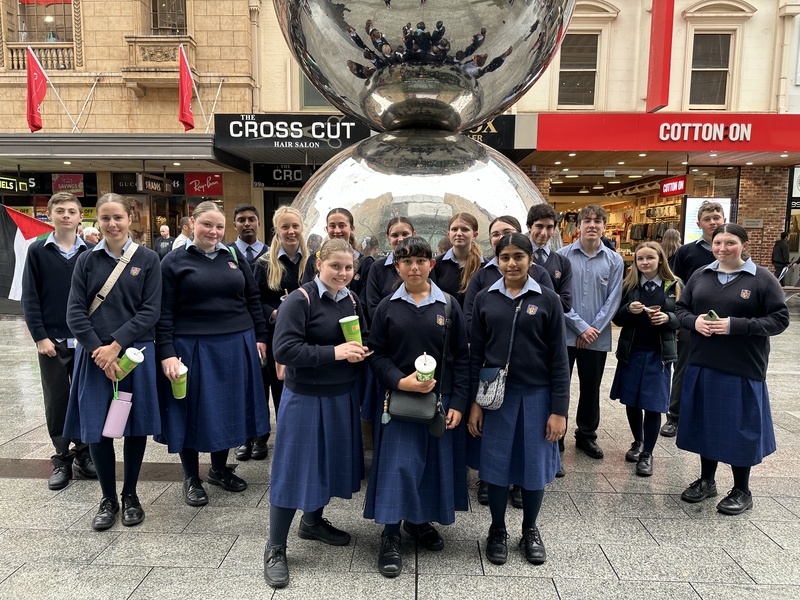
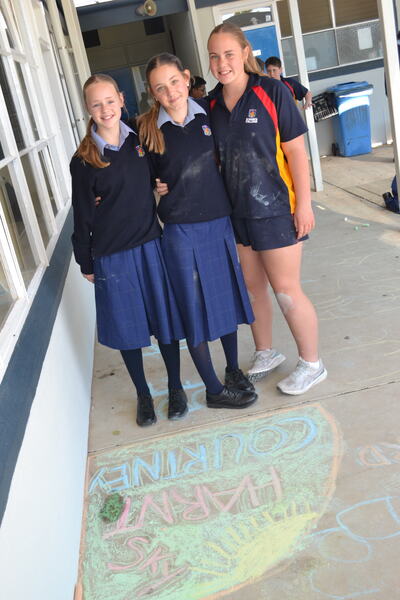
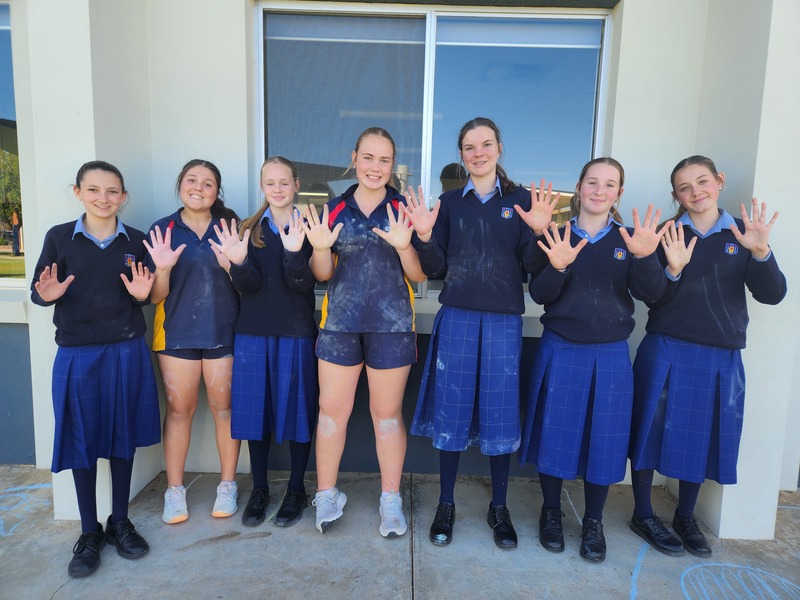
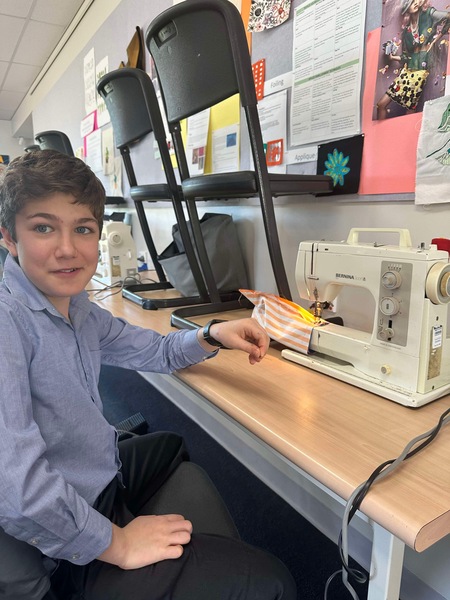
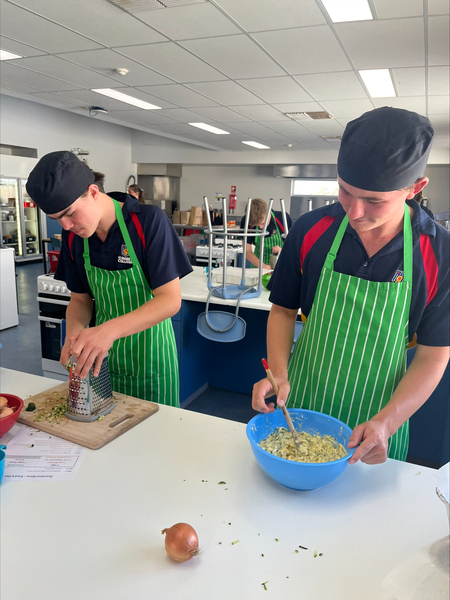

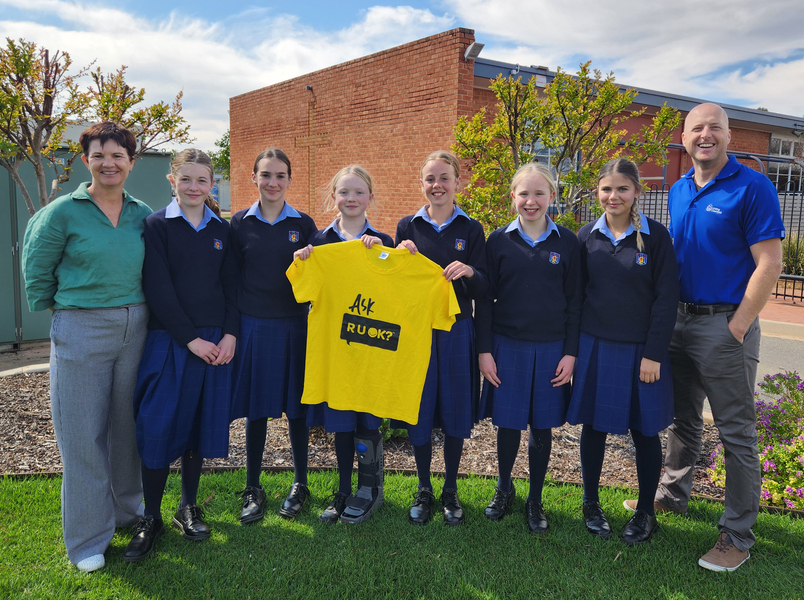
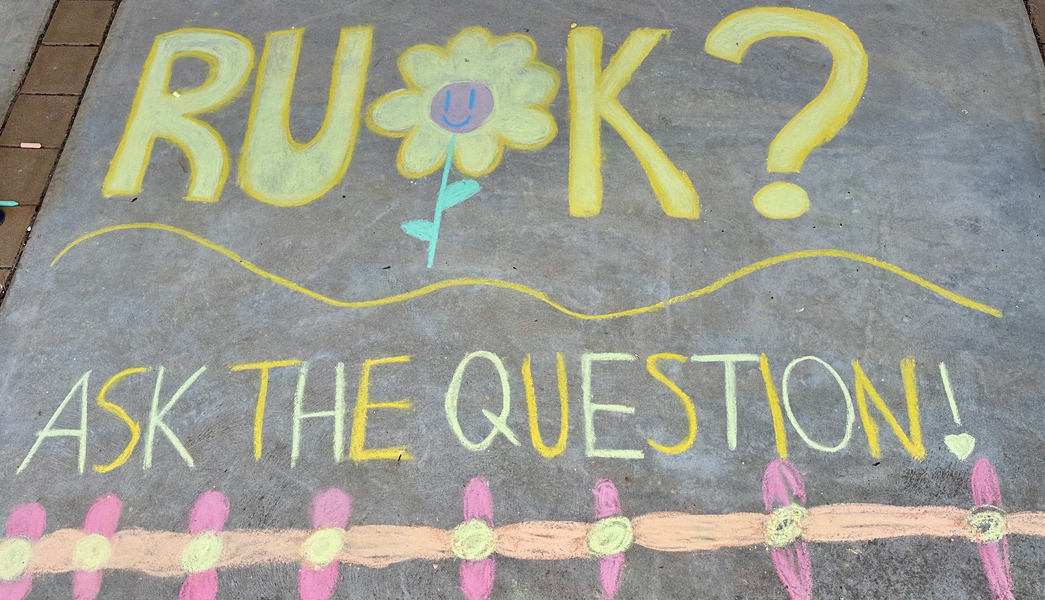
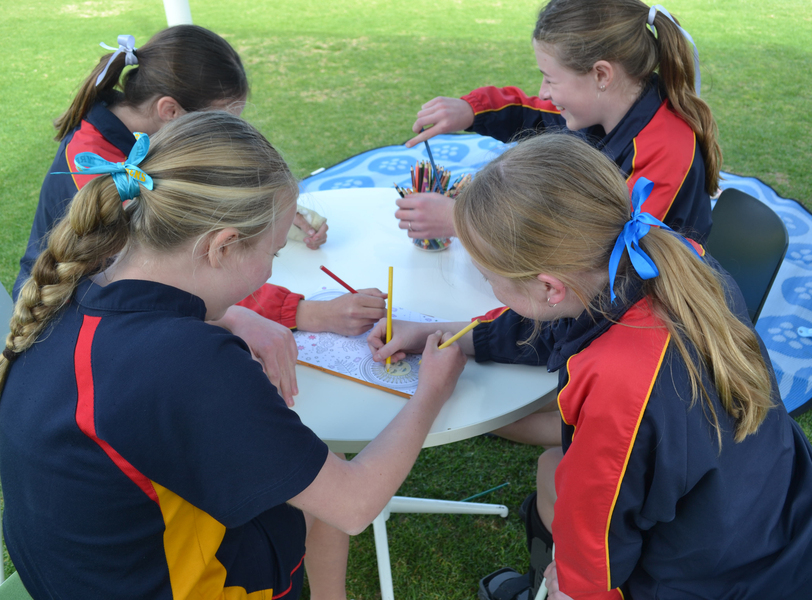
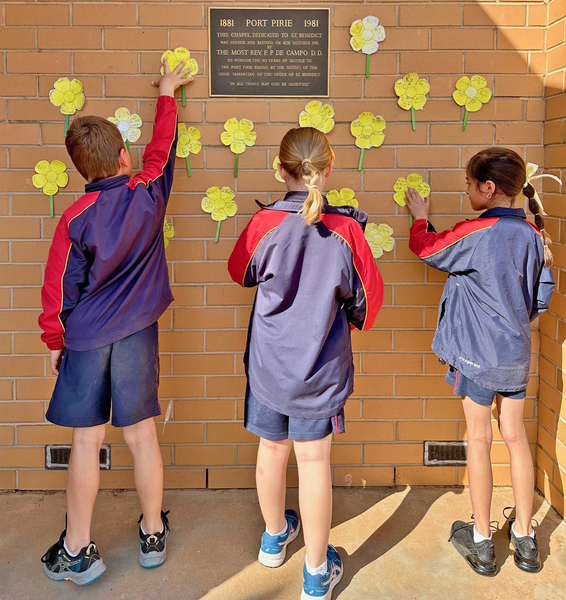
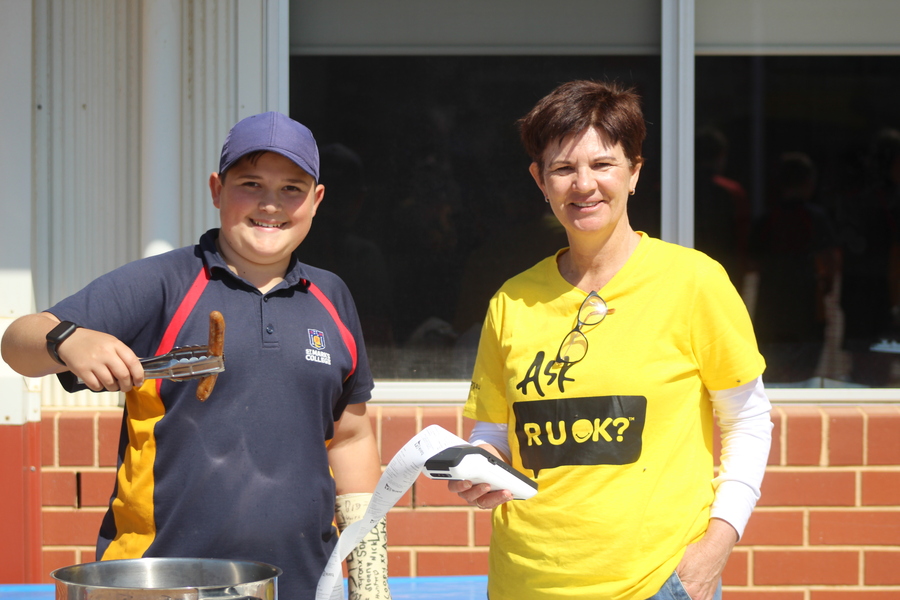
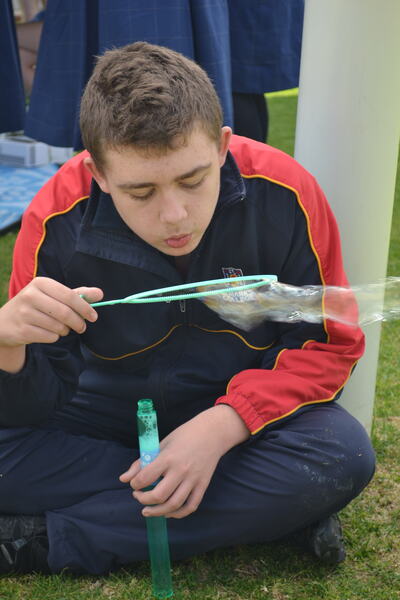
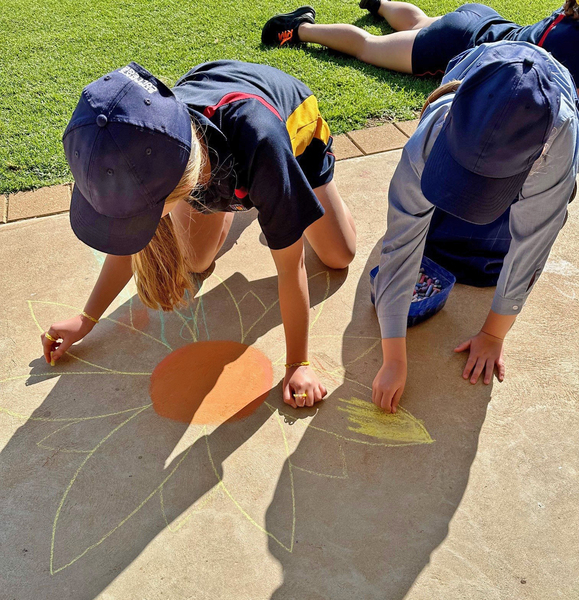
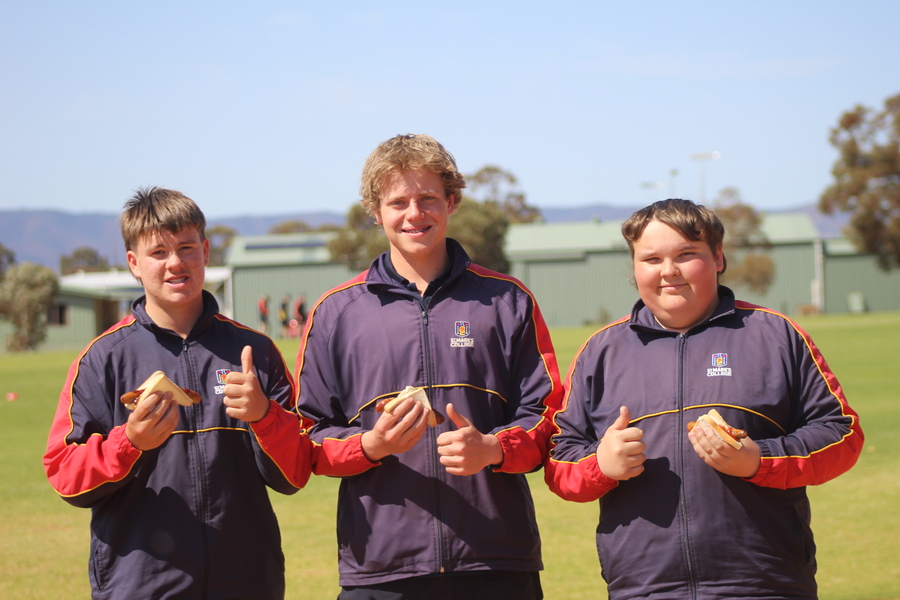
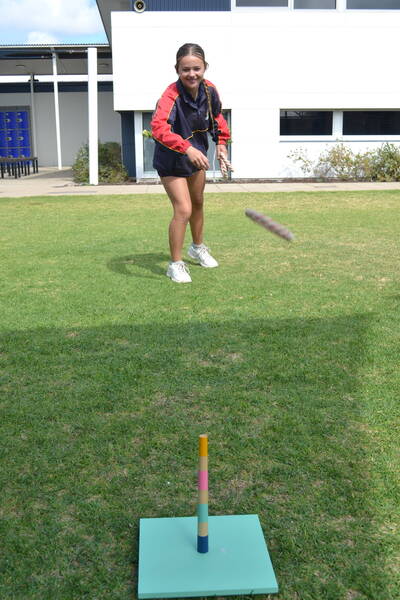
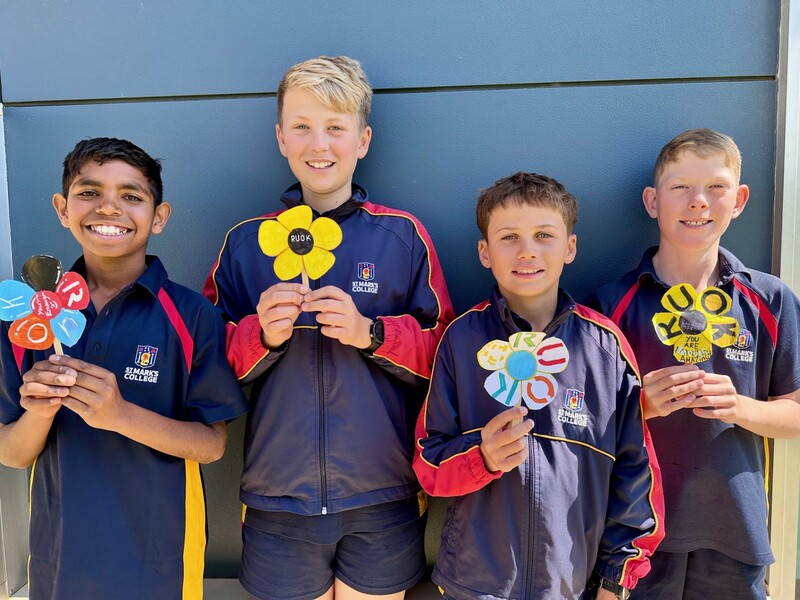
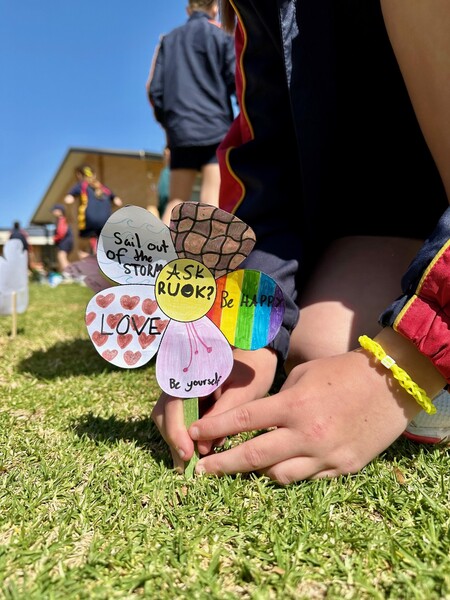

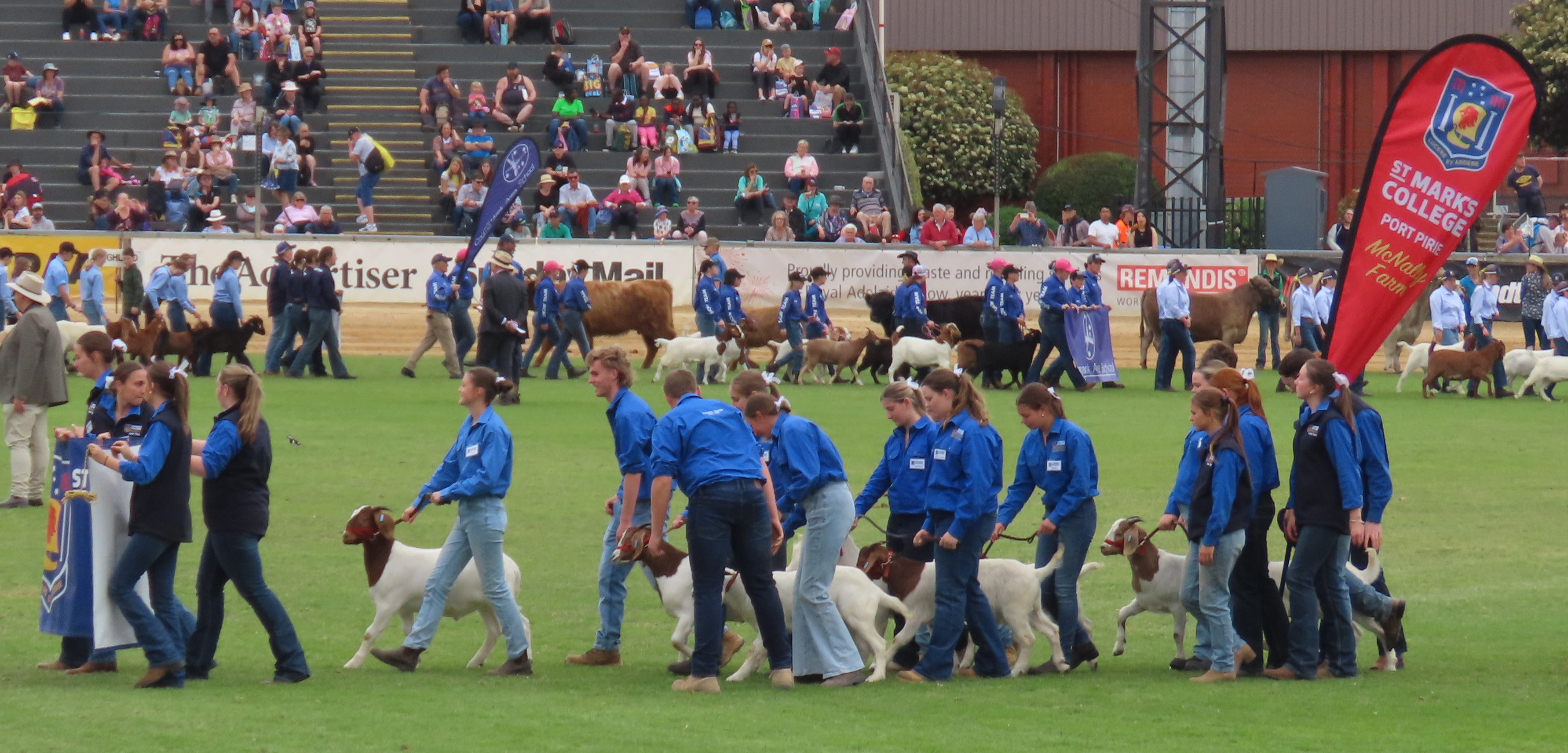
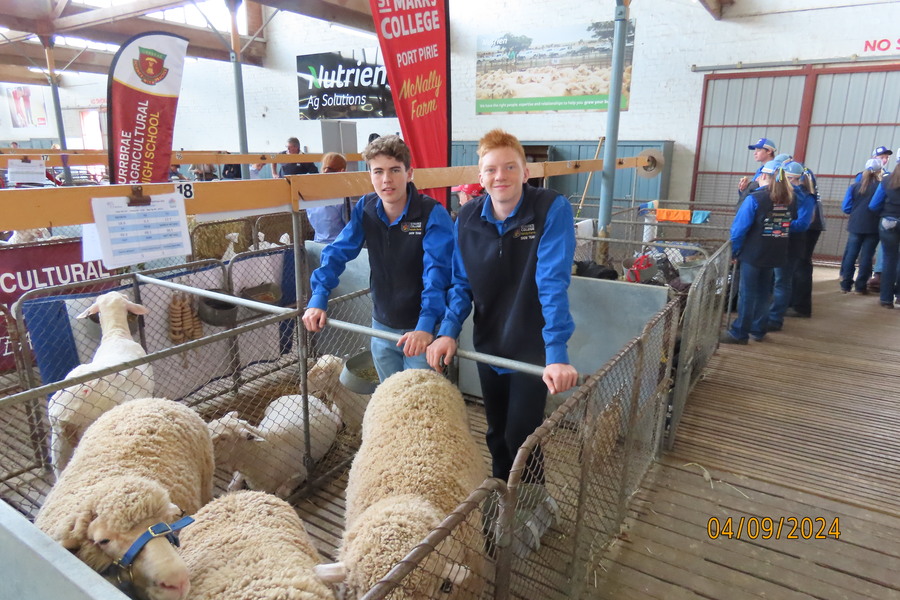
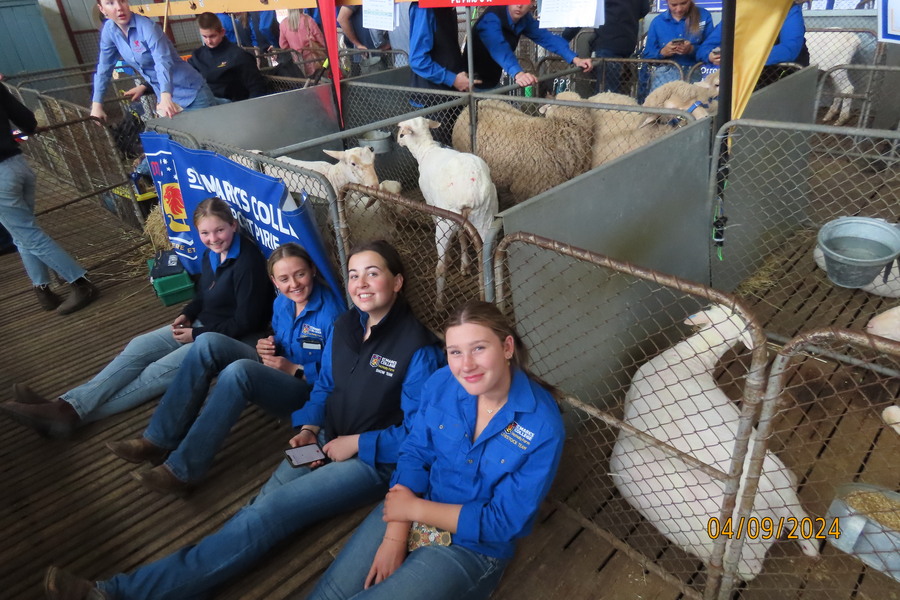
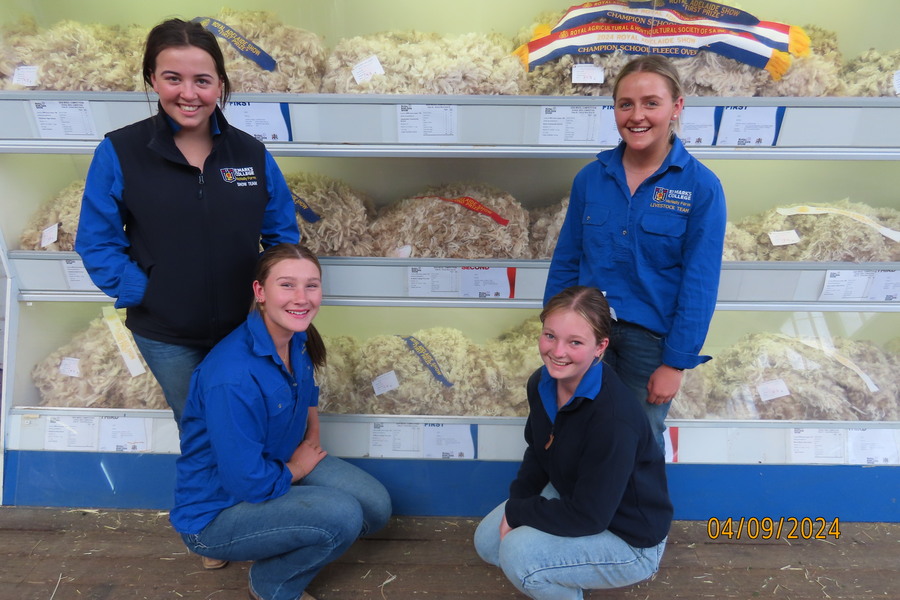
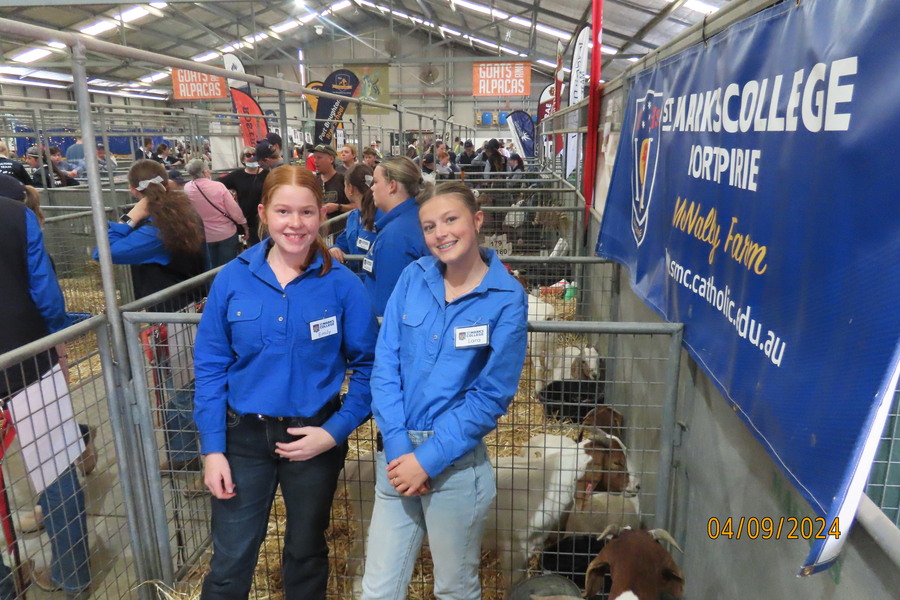
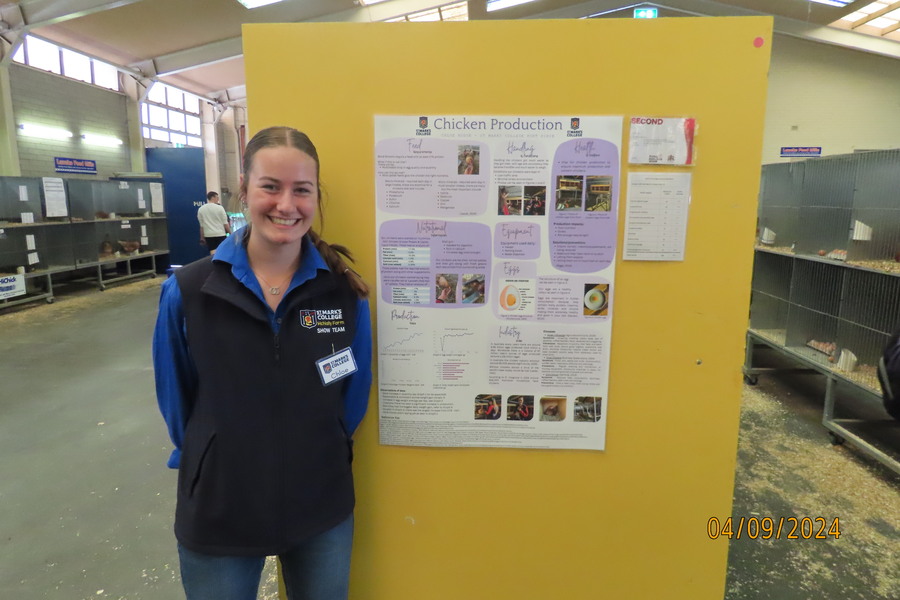

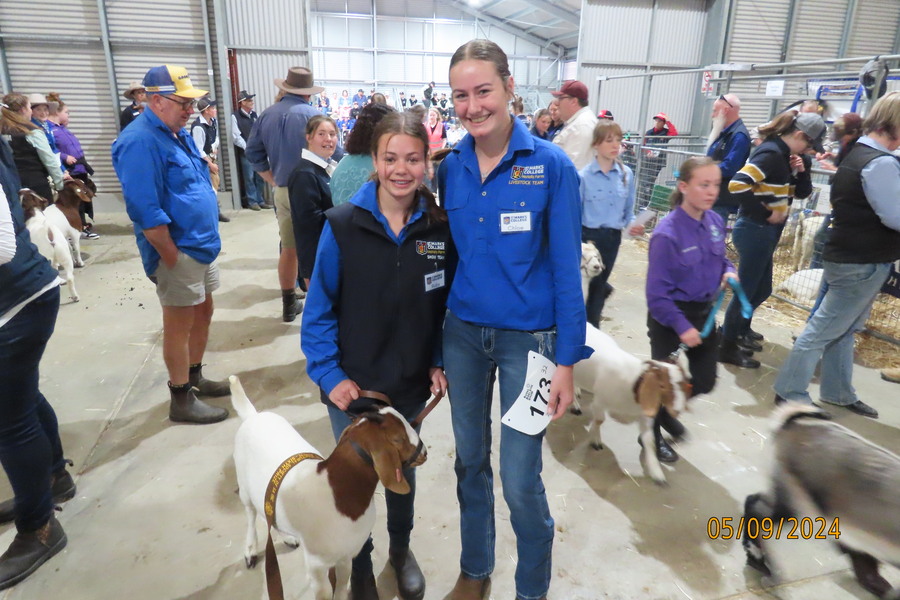
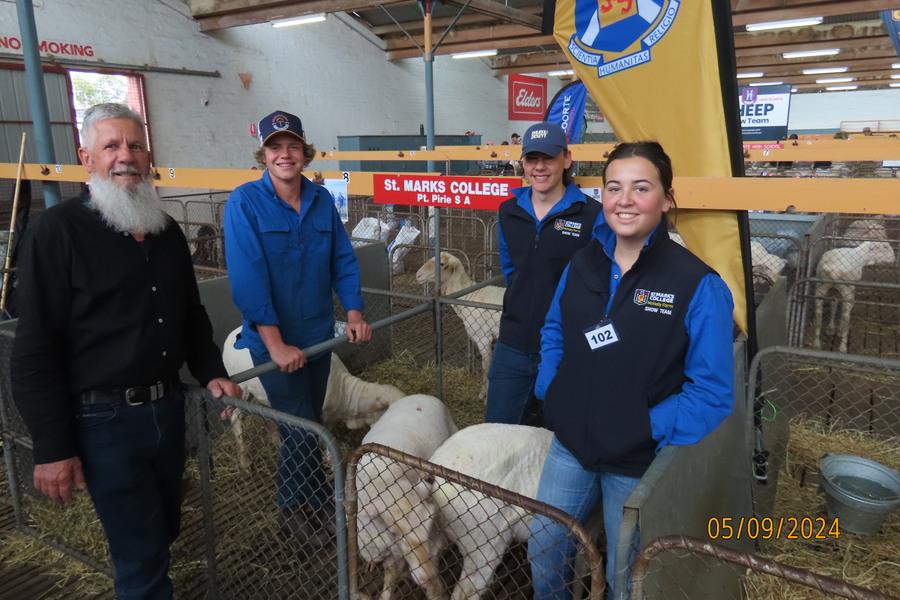
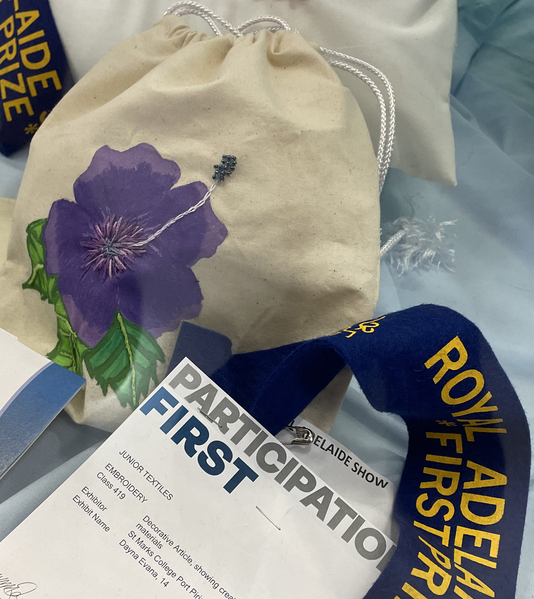
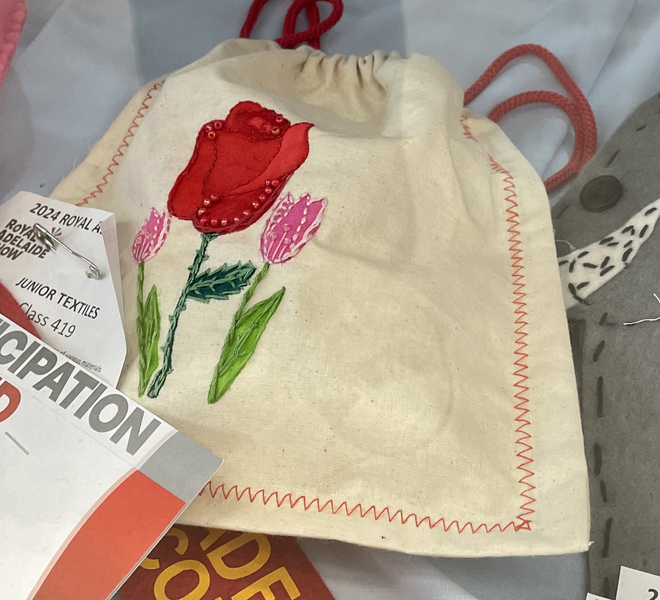
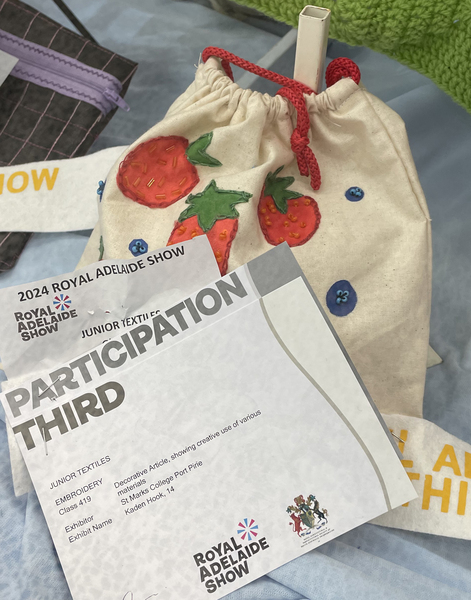
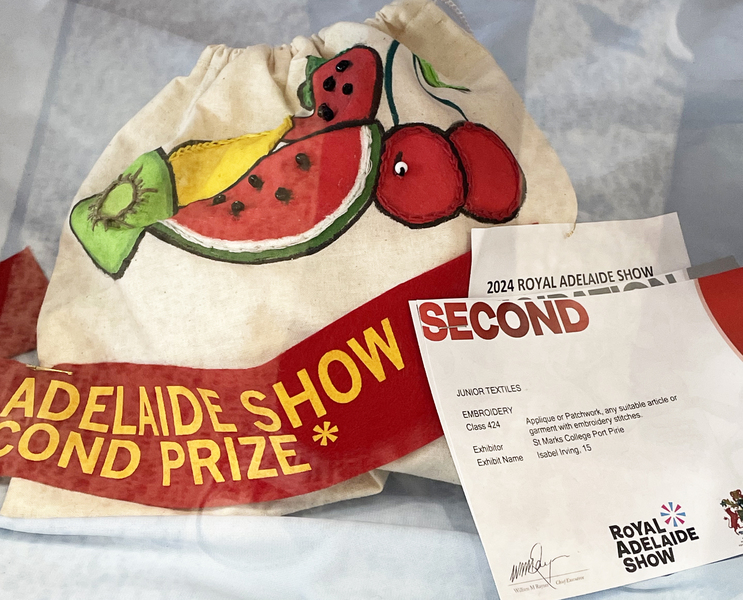
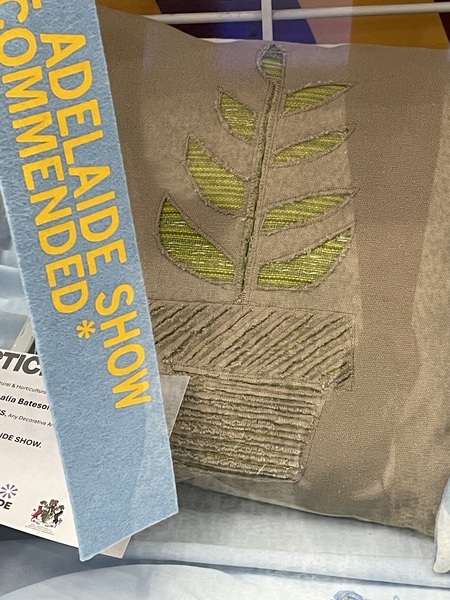
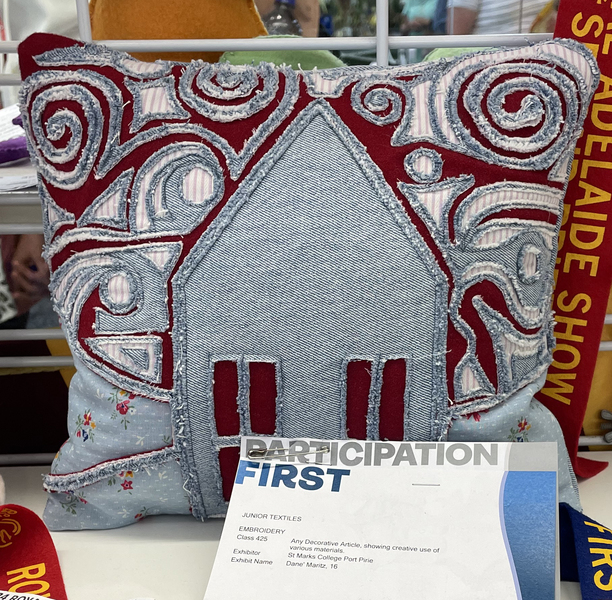
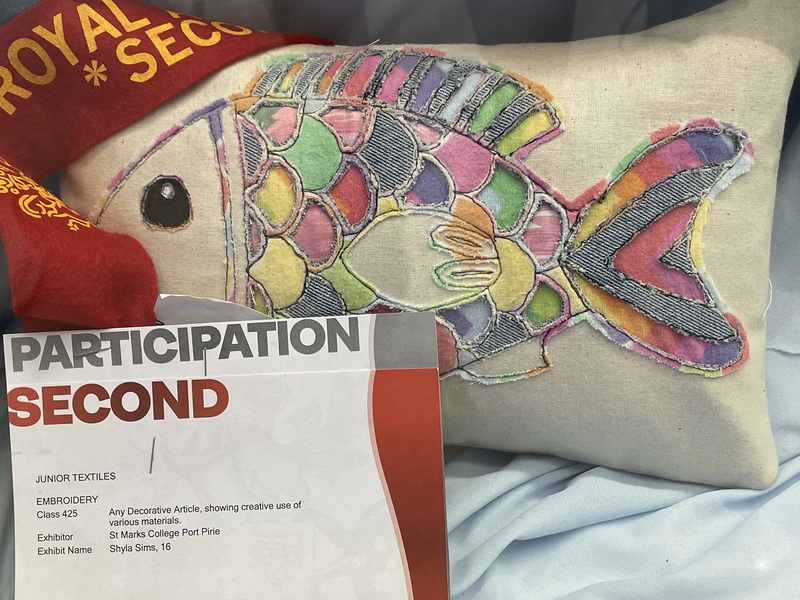
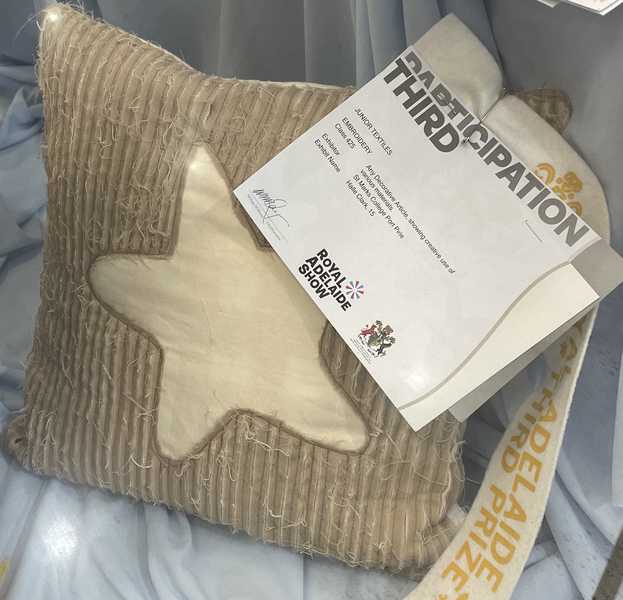
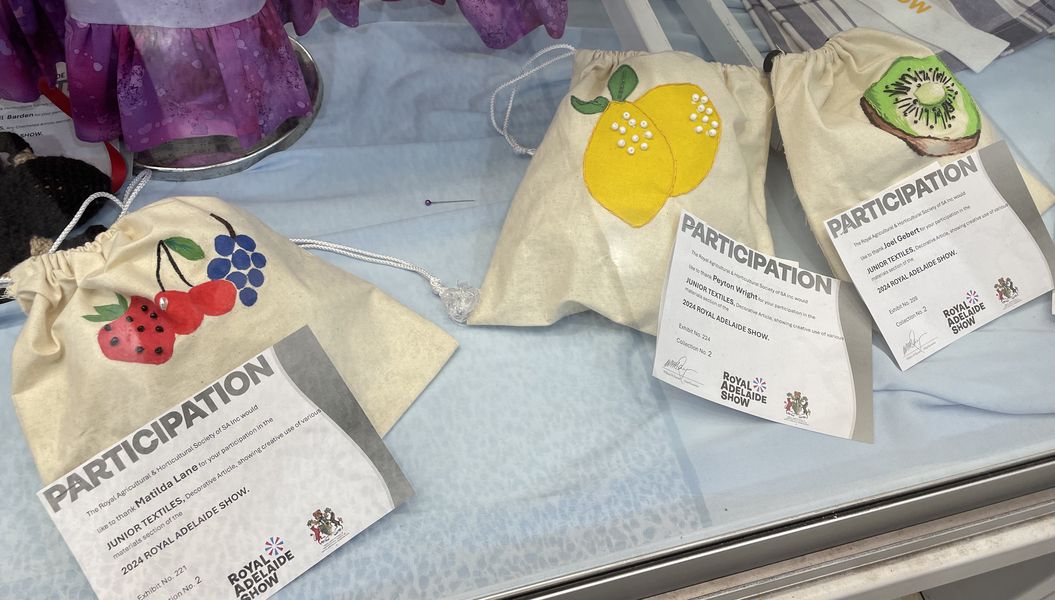
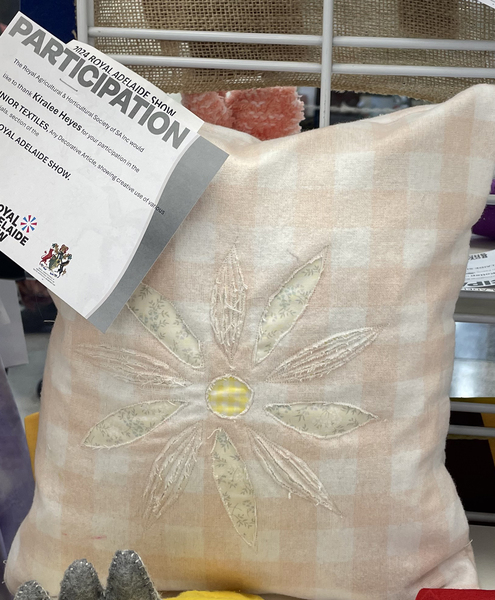
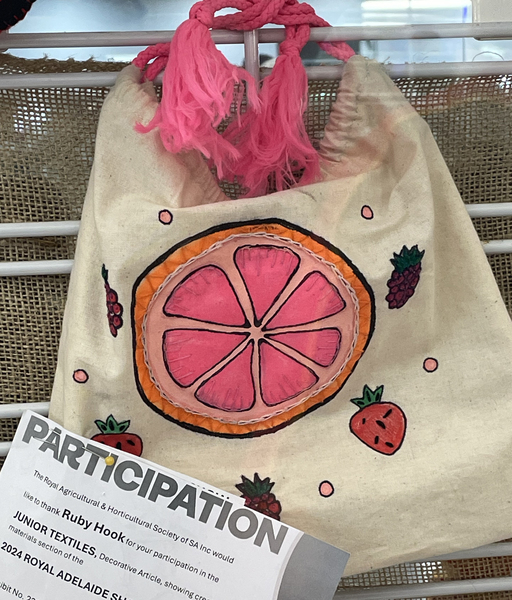
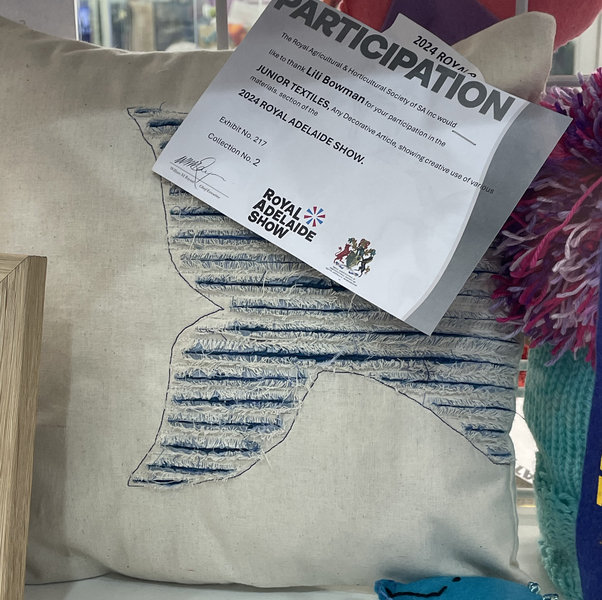
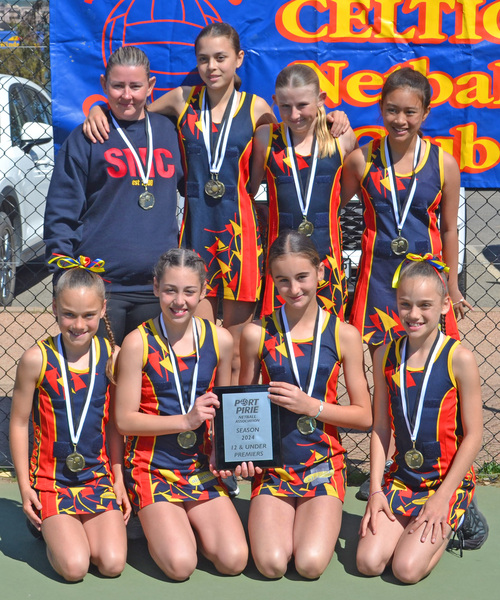
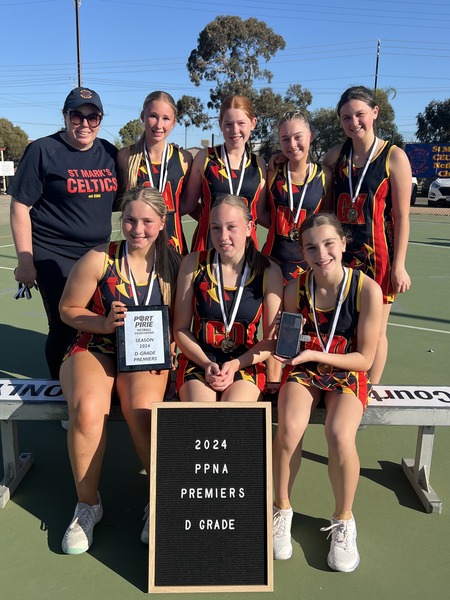
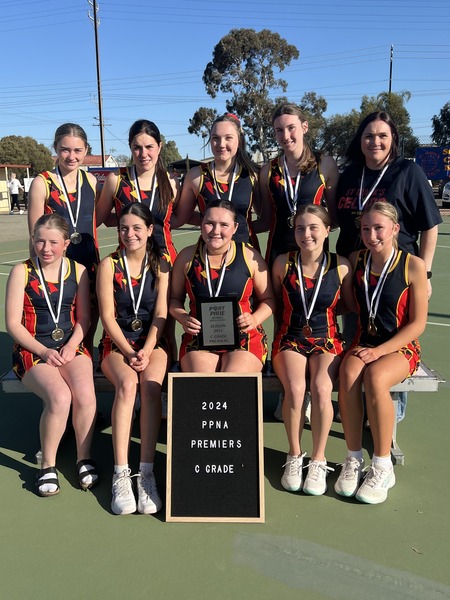
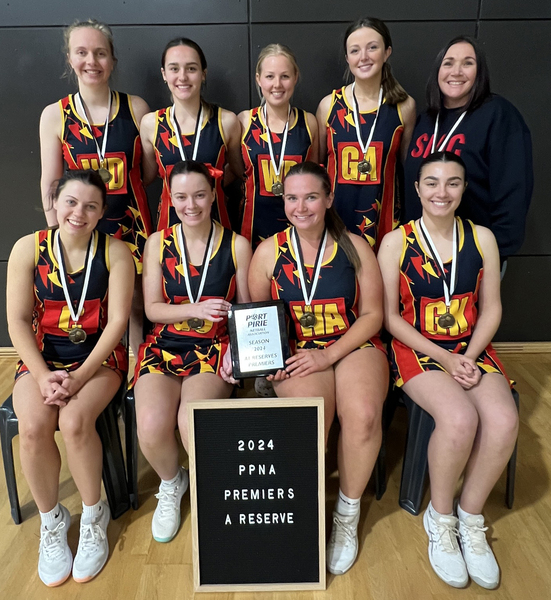


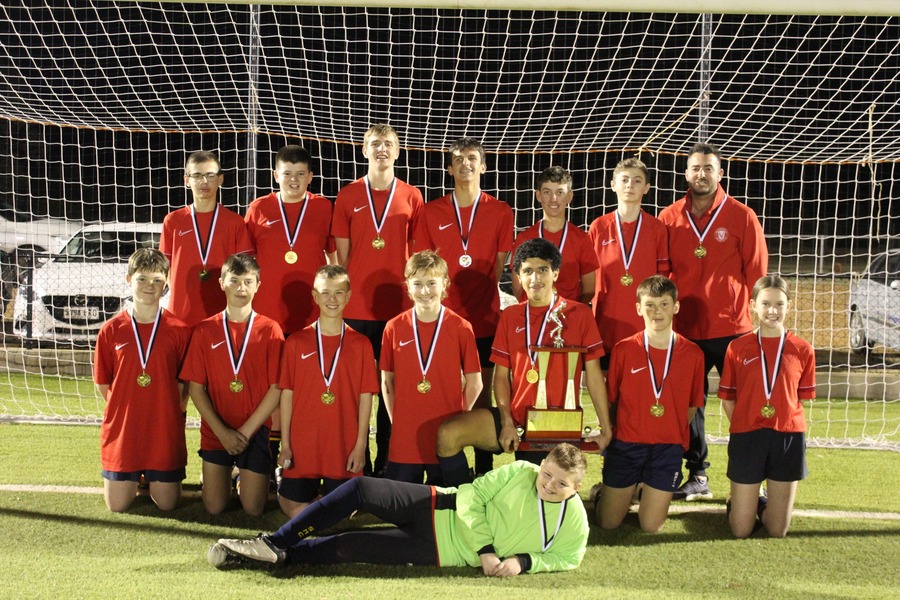
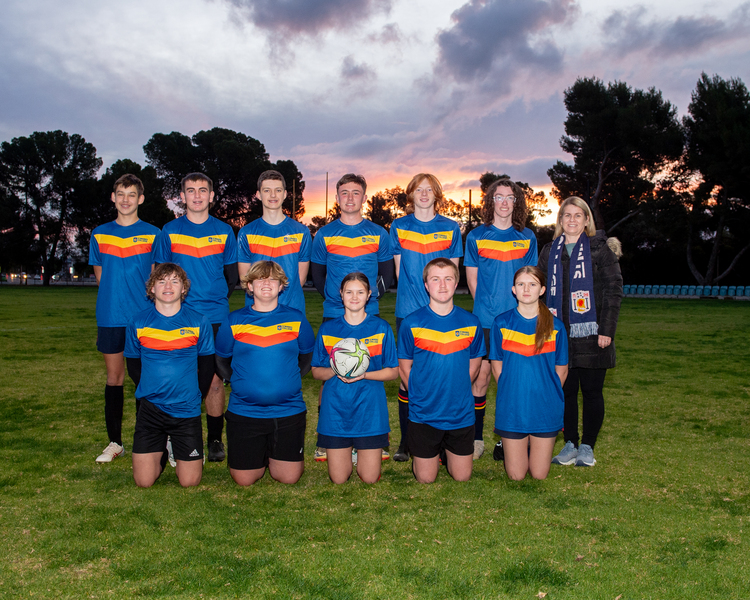

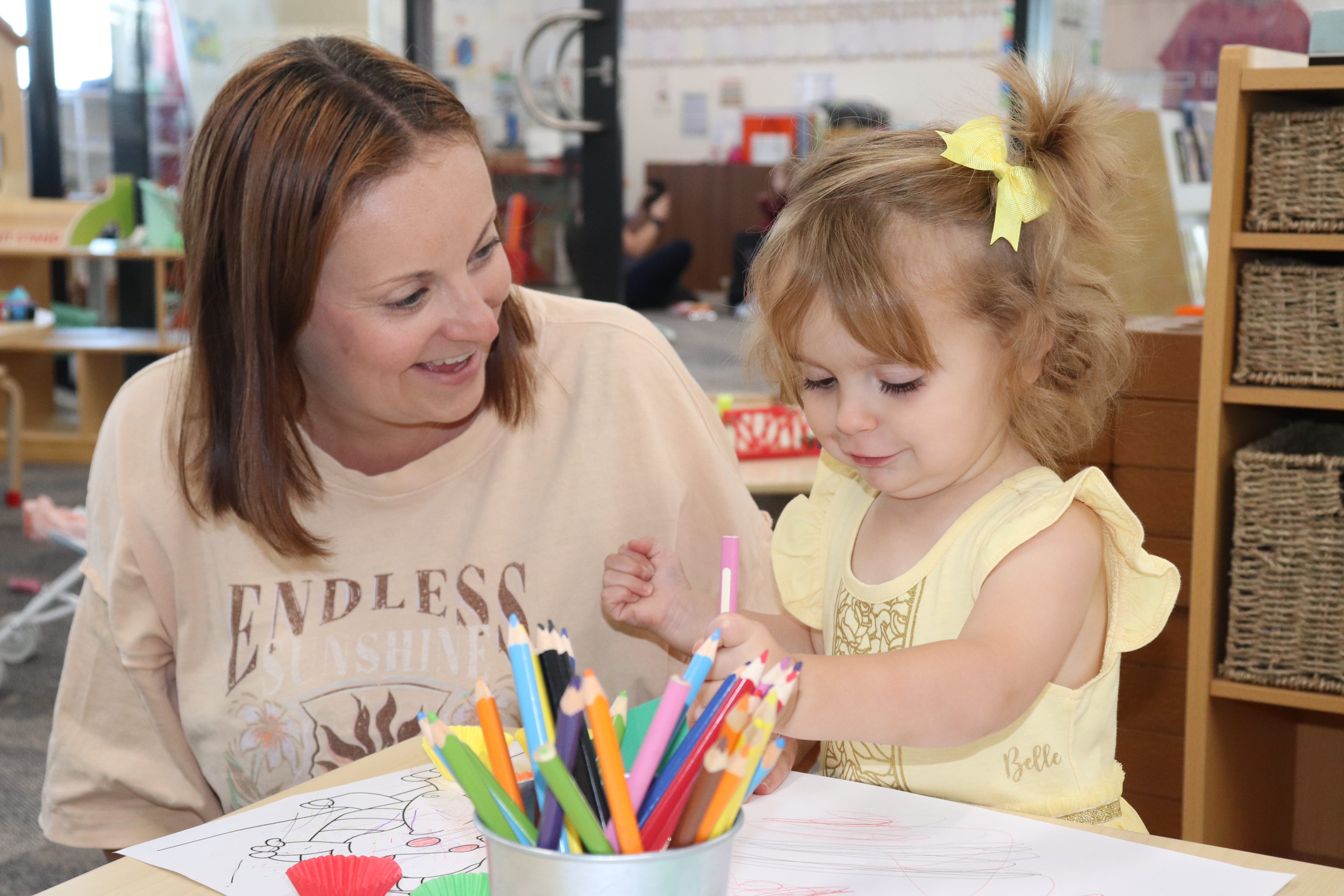
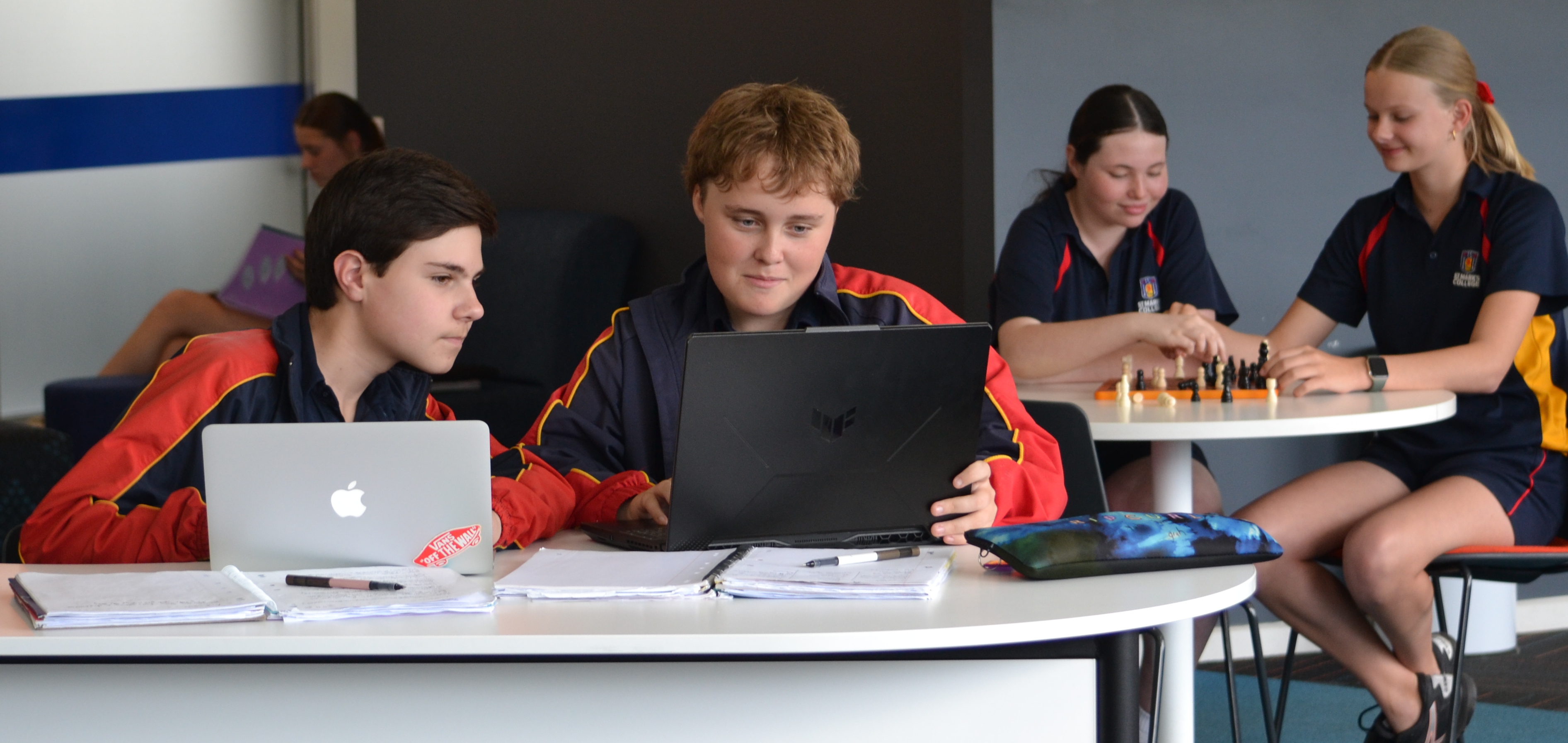
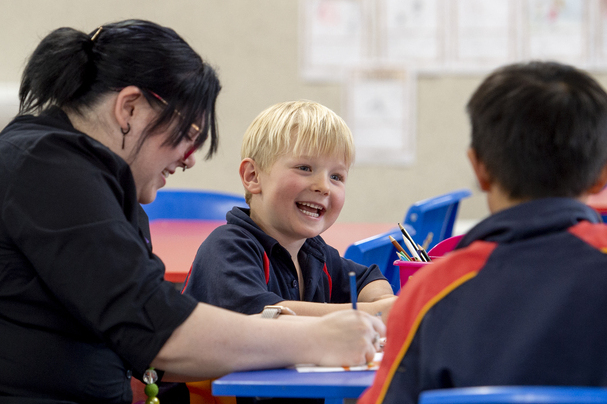
Social